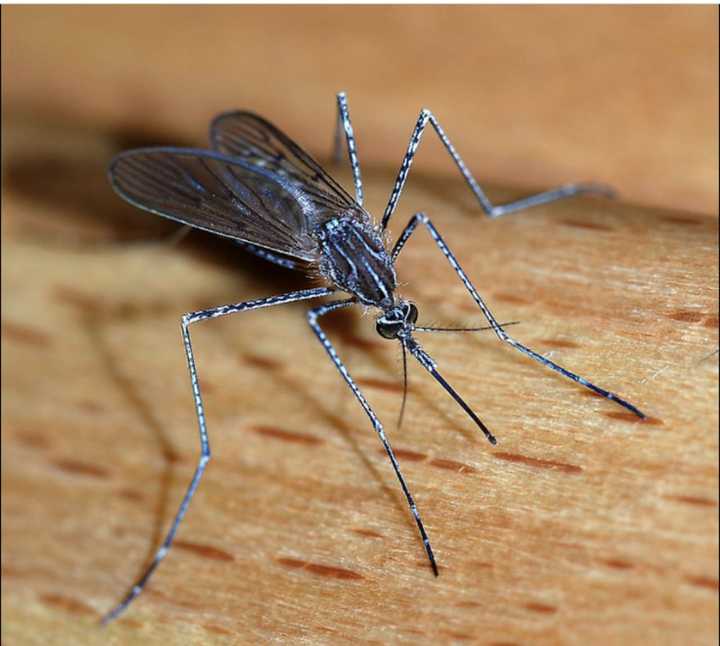Mosquitos trapped the Pachaug State Forest in Voluntown in New London County trapped late last month tested positive for eastern equine encephalitis (EEE), according to the Connecticut Agricultural Experiment Station.
Public Health Commissioner Commissioner Manisha Juthani said while the detection of the virus is disconcerting, “It is important to remember that we do not expect to see a lot of mosquito activity in the month of October.”
“We encourage residents of southeastern Connecticut to take simple measures such as wearing mosquito repellent and covering bare skin, especially during dusk and dawn when mosquitoes are most active," Juthani said.
“While the detection of EEE virus is of concern, it is important to remember that we do not expect to see a lot of mosquito activity in the month of October.”
According to the Centers for Disease Control and Prevention, “EEE virus is a rare cause of brain infections (encephalitis). Only a few cases are reported in the United States each year. Most occur in eastern or Gulf Coast states. Approximately 30 percent of people with EEE die and many survivors have ongoing neurologic problems.”
Symptoms of the virus typically appear about four to 10 days after a bite, with some cases progressing to encephalitis. Patients may experience high fever, stiff neck, severe headache, and a lack of energy.
Officials said that “using insect repellent, covering bare skin, and avoiding being outdoors from dusk to dawn are effective ways to help keep you from being bitten by mosquitoes. Mosquitoes continue to be active until the first heavy frost.”
Click here to follow Daily Voice Norwalk and receive free news updates.
